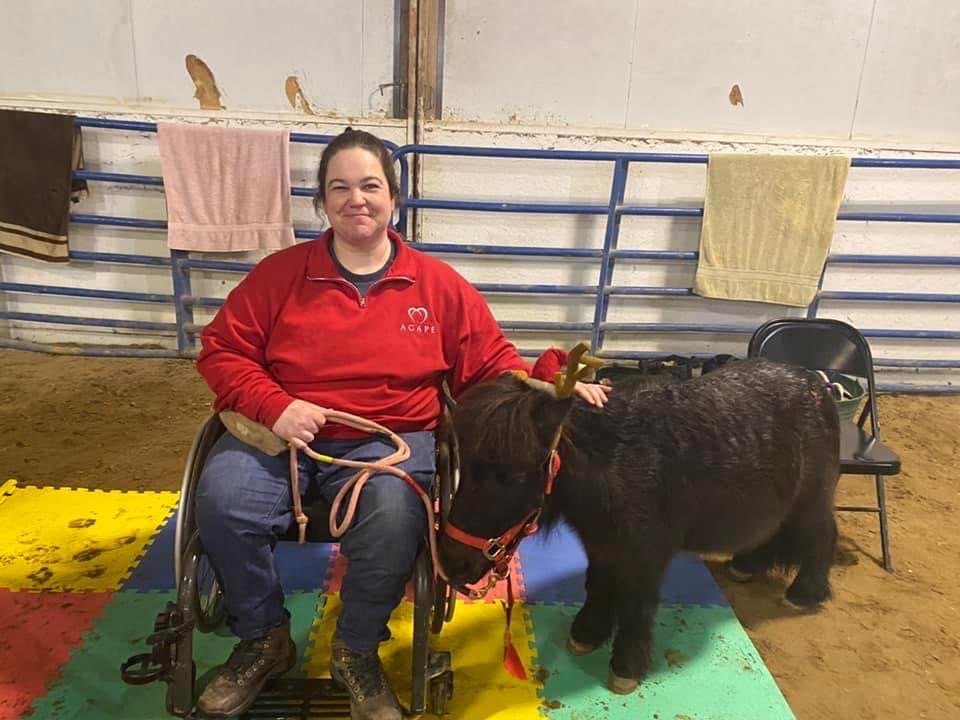The disability rights movement is an important part of this country’s history that is rarely discussed, even though 20% of the population live with some form of disability, and anyone can become disabled at any time. Judy Heumann, a decades-long leader in this movement, just passed away on March 4th.
Judy Heumann was often referred to as the “mother” of the disability rights movement. She spent her entire life fighting for access and against discrimination. She was instrumental in getting landmark disability legislation passed, including Section 504 of the Rehabilitation Act of 1973 and the Americans with Disabilities Act of 1990, and she also worked as a disability advisor in Washington, DC under two presidents.
Judy was a wheelchair user from 18 months of age. Her first experience with discrimination was in the early 1950s when she was not allowed to go to kindergarten because the school was not accessible and the administration deemed her a “fire hazard.” It was several years before she was allowed to attend school in person. She also went to Camp Jened, a summer camp for disabled teenagers, where she later became a counselor. She met many friends there who eventually joined her in her lifelong fight for the rights of disabled people, beginning after graduating college when she won a lawsuit against New York City’s Board of Education for denying her a teaching license based on her disability.
Judy was a proponent of the social model of disability, meaning we are more disabled by society’s lack of accessibility and inclusion than we are by our bodies. This was evident in her life’s work.
Having Judy as a role model has shown me that as a disabled person, I have to speak up for myself and make myself be seen to get my needs met.
You can learn more about Judy Heumann’s lifelong disability rights activism in her memoir “Being Heumann” (in development to become a movie) or in the Netflix documentary “Crip Camp.”
Written by Maria Seno, Agape Volunteer

